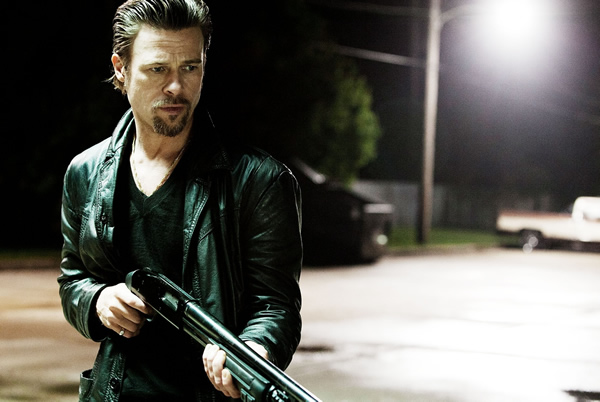 |
| Shotgun Man |
No mafioso hit man was more identifiable to more people and yet enjoyed greater immunity from arrest than an early Chicago killer dubbed by the press "the Shotgun Man." Little was ever known about him, save that he was believed to be Sicilian and that for years before appearing in Chicago's Little Italy he had served as an assassin for various Mafia chieftains in the old country.
In Chicago as in Sicily, the Shotgun Man took up chores for various Black Hand extortionists who threatened victims with death if they failed to pay their blackmail demands. Some Black Handers were from the Mafia, others from the Camorra, the Naples-based criminal society, and still others were mere freelancers capitalizing on the immigrants' fear of the Black Hands. The Black Handers did kill some recalcitrant would-be victims, thus advertising their serious intentions.
The Shotgun Man specifically personified the Black Hand evil. One can well imagine the icy terror that gripped recipients of Black Hand extortion demands if they were asked if they wished to share the fate of some Italian businessman who was really not yet dead. Then the Shotgun Man would dispatch the businessman. As a rule, the threatened victims immediately paid up.
  |
Annually for several years, anywhere from 12 to as many as 50 victims of Black Handers were killed, and the Shotgun Man was acknowledged to be the hit man in perhaps one-third of the cases. Between January 1, 1910, and March 26, 1911, the Shotgun Man shot 15 Italians on orders from various Black Handers. In all, the total number of Black Hand killings in that time frame was 38. In March of 1911, the Shotgun Man cut down four victims within a 72-hour period, all at the intersection of Milton and Oak Streets, a spot that became known as "Death Corner."
The Shotgun Man blithely walked the streets of Little Italy with no fear of exposure, even immediately after a killing. Many witnesses could have identified him, but it was said throughout the community that the Black Handers who purchased his services enjoyed political protection. If the Shotgun Man was arrested, he would be turned loose in a short time with an excellent memory of his accusers.
The Shotgun Man was reportedly paid handsomely for his lethal labors, and it was said he remained at his duties only until he acquired enough wealth to retire to Sicily. Indeed, after a period of eight or nine years, the Shotgun Man left Little Italy. To take up a tranquil life in Sicily? No one will ever know.